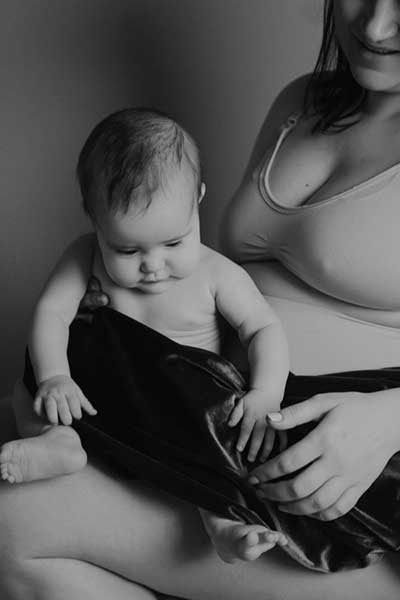How Is Postpartum Depression Treated?
At BCB Therapy, treatment for Postpartum Depression is designed to address the personal needs of each mother, employing a multifaceted approach that includes psychotherapy and, when necessary, medication. Therapeutic practices, such as Cognitive Behavioral Therapy (CBT), help equip mothers with practical coping mechanisms to deal with the emotional hurdles posed by PPD. Medications, such as antidepressants, may also be prescribed, with careful consideration of the mother's health and breastfeeding status.
Additionally, BCB Therapy recognizes the profound impact of community support, often recommending new mother support groups as a valuable resource. These groups offer a sense of belonging, shared understanding, and collective coping strategies, fostering a supportive network vital for recovery.
In Bend, BCB Therapy stands as a beacon of hope for mothers navigating the turbulent waters of Postpartum Depression. Our team is committed to providing empathetic, personalized care, ensuring that every mother has the support necessary to overcome the challenges of PPD. If you or someone you know is struggling with symptoms of Postpartum Depression, we invite you to reach out. Together, we can take the first steps towards healing, embracing the joy of motherhood in its fullest sense.
